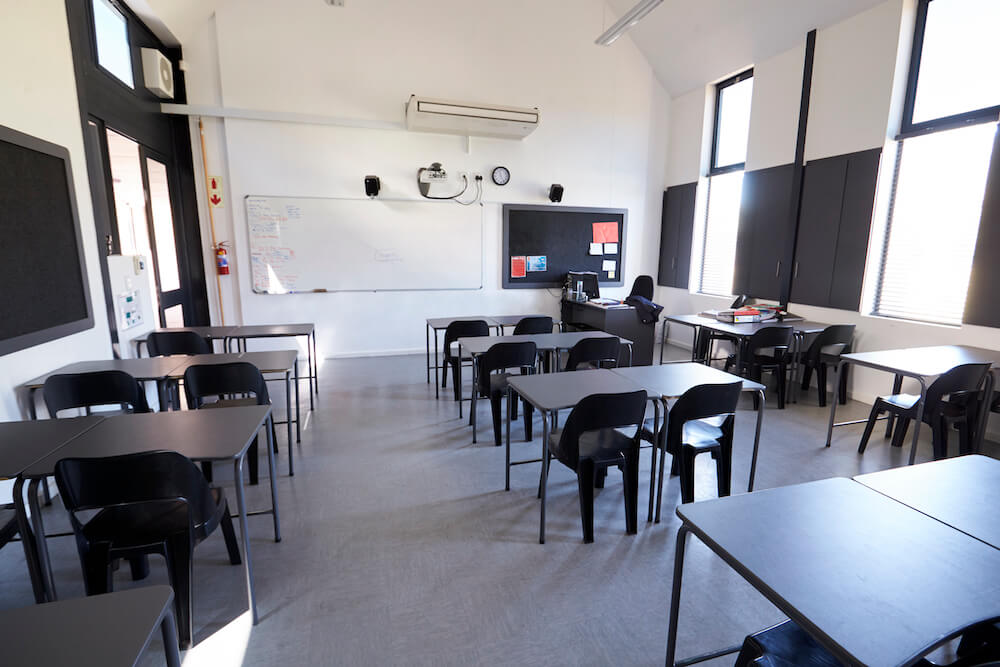This week, The New School in New York City has increased pressure on adjunct faculty members who have been on strike for over three weeks, threatening to cease their pay and healthcare benefits if they do not return to the classroom. Represented by United Auto Workers Local 7902, the nearly 1,800 adjunct professors have demanded better pay and better working conditions, arguing that the university’s meager $5,753 stipend per 3-credit course renders them unable to afford the basic cost of living, particularly as inflation continues to rise. Talks with the university over the past few weeks have been largely unsuccessful, as President Dwight A. McBride claims that the union refused the university’s “last, best, and final” offer. That offer, the union counters, was less than half of what the union demanded in pay increase.
In a letter to the community on December 6th, the university attempted to redirect public frustration at the university’s decision to withhold wages back onto the union. The letter, signed by McBride, Dr. Renée T. White, Provost and Executive Vice President for Academic Affairs; and Tokumbo Shobowale, Executive Vice President for Business and Operations, states: “Unfortunately, the union’s continued strike action and lack of urgency at the bargaining table over the past few weeks have brought us to this position. We continue to hope part-time faculty will return to the work we are all passionate about — educating our students — but only the union has the power to make that decision. Until then, we cannot continue to pay wages for individuals who are not working.” The school also reportedly sought to outsource the adjunct faculty members’ grading and other student-centered work to contracted laborers, a plan which they retracted shortly after its announcement.
A blog post published by the union president, Zoe Carey, paints a different picture of the group’s negotiation with the university. The post emphasizes the university’s dependence on adjunct workers, who make up 87% of the university’s faculty, and notes that the union had made significant compromises in order to reach a solution with the university, including slashing their initial demands in half. Despite these efforts for resolution, the university escalated its rhetoric. Carey writes that “[b]y threatening the livelihoods of those joining the strike in solidarity, the university is pitting its workers against each other, while stoking the fears of our students – these tactics are typical of corporate behemoths, not purportedly progressive institutions, as The New School claims to be.”
Demands for the university to act have been compounded in the last week by backlash from parents, as over a thousand parents, represented by Hrbek Kunstler, threatened to bring legal action against the university for failing to resolve the conflict with adjunct faculty adequately and expeditiously. Expressing solidarity with the faculty demands, the parents’ legal representative wrote to McBride and The New School’s legal counsel that “the school refuses to use tuition monies already received – in many cases close to $80,000 per year per student – to provide adequate compensation and benefits to the faculty charged with providing our clients’ children with their education.”
Entering its fourth week, Carey called the strike “the longest adjunct strike in the nation’s history.” The historic strike is taking place concurrently with yet another historic milestone in higher education labor—the University of California strike demanding adequate compensation for graduate teaching assistants and postdoctoral researchers, which is currently the largest strike in higher education history. The resolutions to both historic strikes have the potential for widespread impact on the landscape of higher education for students and faculty members alike.











